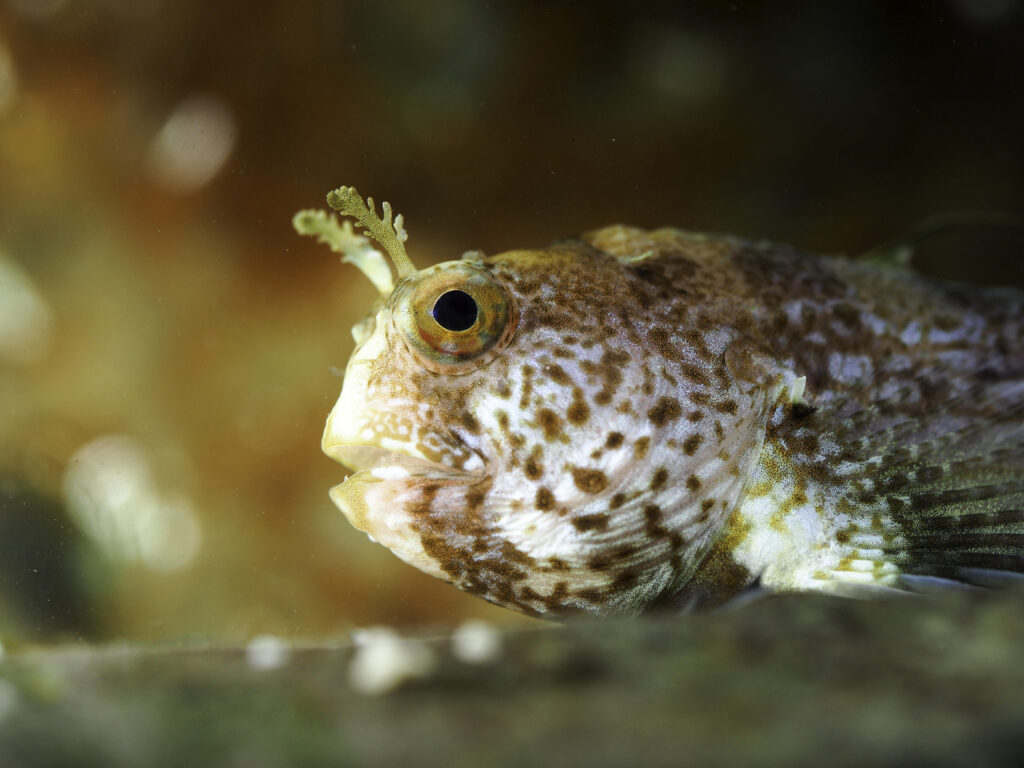A new EU project has been launched to improve how biodiversity is recorded and protected in marine and coastal environments.
Funded by the Horizon Europe programme, MARCO-BOLO (MARine Coastal BiOdiversity Long-term Observations) will structure and strengthen European coastal and marine biodiversity observation capabilities, linking them to global efforts to understand and restore ocean health.

Coastal and marine areas are incredibly dynamic and productive oceanic regions, providing significant resources and services for both wildlife and people. They are also subject to intense pressures from agricultural and industry pollution in waterways, dredging, and building development. Many national and regional programmes assess environmental health and human impact on our coasts, but these programmes are often fragmented, short term, and uncoordinated at larger scales.
MARCO-BOLO will address this problem by connecting existing initiatives, optimising and improving methods, and further innovating technologies for biodiversity observations. The project aims to deliver a transformative change in how marine biodiversity is monitored and managed. The research team will engage with diverse stakeholders to tailor research and observation data for direct use, delivering practical tools that will allow politicians and companies to determine biodiversity health, predict changes, monitor changes from imposed policies and proactively manage environments and their biodiversity.
The project has four key objectives:
- Improve acquisition, coordination and delivery of marine, coastal and freshwater biodiversity observations to relevant users.
- Enable technologies for cost-effective, timely and accurate biodiversity observations.
- Test new tools, technologies and models to better understand biodiversity decline.
- Empower European biodiversity observatory operators, data producers and users by creating and sharing best practice guidelines for gathering and using biodiversity data to contribute to biodiversity restoration efforts.
MARCO-BOLO’s innovations will address the full pipeline of data collection and use: from testing new monitoring tools using eDNA, robotics, optical and acoustic techniques, to data integration methods for environmental modelling, and guidance on how data can be stored, shared and applied in policy contexts.
Project coordinator Nicolas Pade from European Marine Biological Resource Centre (EMBRC) said:
“We need good data to protect and restore biodiversity effectively. By engaging with policy and decision makers throughout the project, we will ensure that our tools and techniques will support lasting, positive change in how we monitor and protect marine and coastal biodiversity in Europe and internationally.”
Dan Lear, Head of Data, Information and Technology at the Marine Biological Association (MBA) said: “We’re proud to be able to continue our collaborations with European colleagues on streamlining and enhancing biodiversity monitoring. Improving existing data management and establishing flows for new technologies, including eDNA, will improve the evidence and knowledge that underpins the effective management of European seas. The project builds on, and will benefit from, the world-leading expertise based at the MBA, developing molecular observatories, standards-driven data management and science communication.”
MARCO-BOLO launched on 1 December 2022 and will run for four years. It is coordinated by the EMBRC and comprises an expert team of 28 partner institutions from 14 countries. For more information, follow @MARCOBOLO_EU.